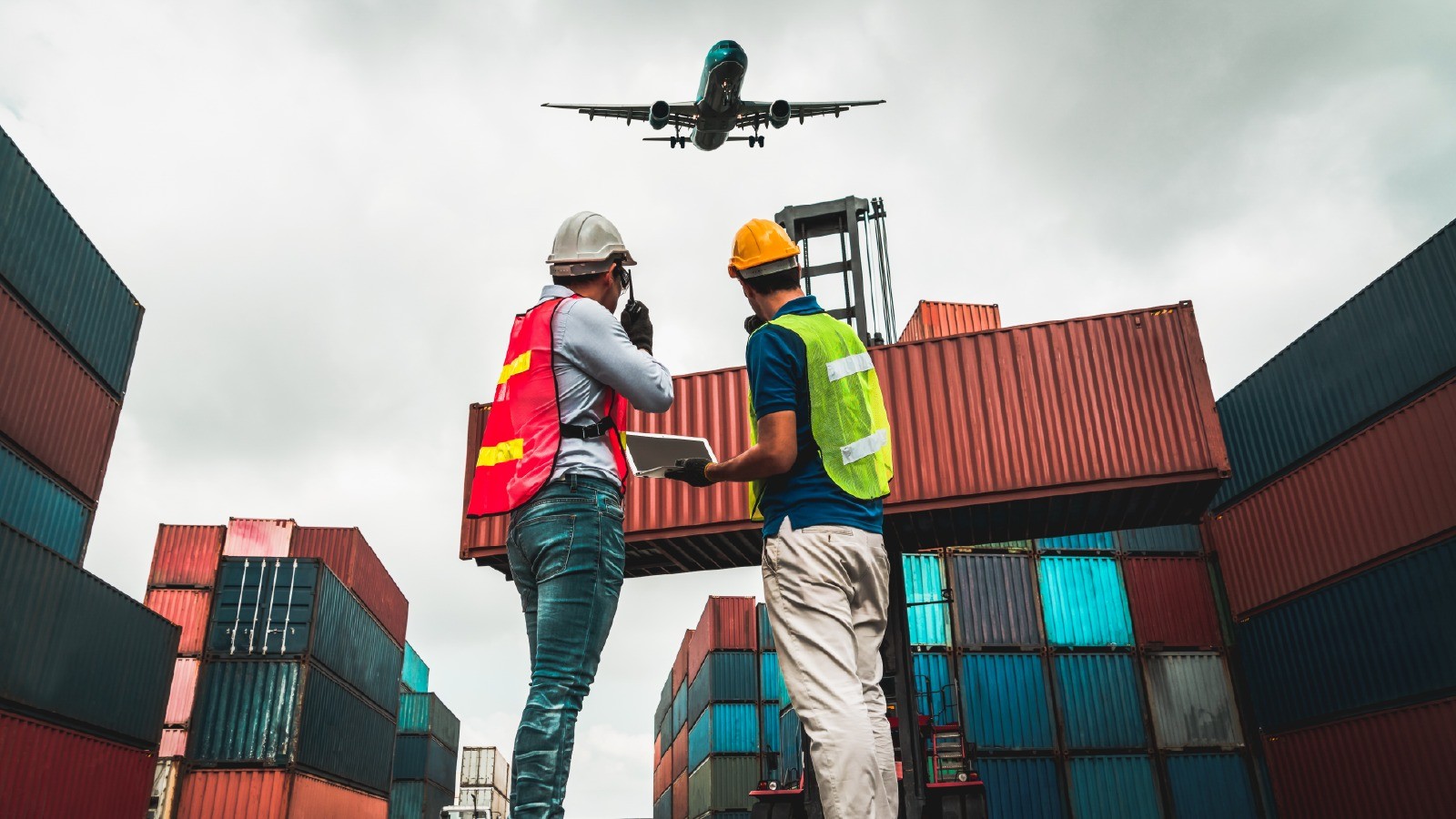Executive summary
In today’s rapidly evolving markets, businesses in the Middle East and globally are increasingly prioritising strategies to enhance responsiveness, reduce costs and build resilience by securing reliable supply sources. Governments across the region are supporting these efforts with ambitious localisation efforts, emphasising regional collaboration and innovation to reshape supply chain dynamics. Frequent disruptions, such as geopolitical tensions, pandemics and climate risks, have intensified the need for effective supply chain strategies, prompting businesses to reconfigure their supply chains to better navigate emerging challenges. The recent Red Sea crisis, which exposed the vulnerability of key trade corridors and forced costly rerouting around Africa, highlights the urgency of alternative transport routes, as explored in our Middle East Economy Watch. In response, businesses are moving away from linear, cost-driven supply chains to flexible, localised networks that improve performance and adaptability.
This shift from “just in time” to “just in case” strategies is pushing companies to diversify supplier networks, adopt nearshoring, and embrace multi-sourcing to enhance adaptability, continuity, and cost efficiency.
Localising supply chains comes with challenges that businesses have to deal with strategically to avoid potential setbacks. In the GCC, reliance on imports and limited local sourcing hinder access to raw materials, while gaps in industrial infrastructure, transportation networks, and high operational costs create additional hurdles.
Furthermore, shortages in advanced technology integration and workforce skills, particularly in manufacturing and digital analytics, highlight the need for targeted government intervention. Governments play a pivotal role in overcoming these barriers by providing regulatory clarity, incentivising investment in local capabilities, enhancing infrastructure, and fostering talent development. Creating enabling ecosystems that encourage collaboration, innovation and sustainable growth is essential to helping companies achieve successful localisation and drive economic resilience.
As part of this study, an extensive survey was conducted by PwC Middle East in collaboration with the Massachusetts Institute of Technology (MIT) Data Science Lab. The aim was to examine how localising supply chains influence performance, providing insights to strengthen local economies while enhancing company efficiency and global competitiveness.
The study also leverages insights from detailed research of global and GCC-specific challenges - such as skills shortages and regulatory complexities. This has helped identify barriers and critical enablers to successful localisation, while highlighting the role of governments in creating ecosystems that support effective localisation strategies.
Finally, the study provides actionable insights for policymakers, national champions, and businesses seeking strategic supply chain advantages.
The study examines the dynamics between localisation stages and critical supply chain performance drivers, including enhanced resilience, improved efficiency, accelerated market responsiveness, cost reduction, sustainability advantages, and superior quality control.
Key sections of the report:
01
Unlocking supply chain performance with strategic localisation: One size does not fit all
02
Overcoming barriers to effective supply chain localisation
03
Government role in enabling ecosystems for effective supply chain localisation












